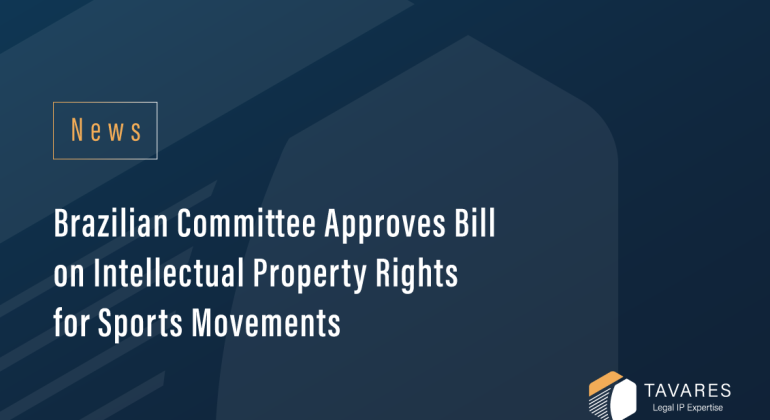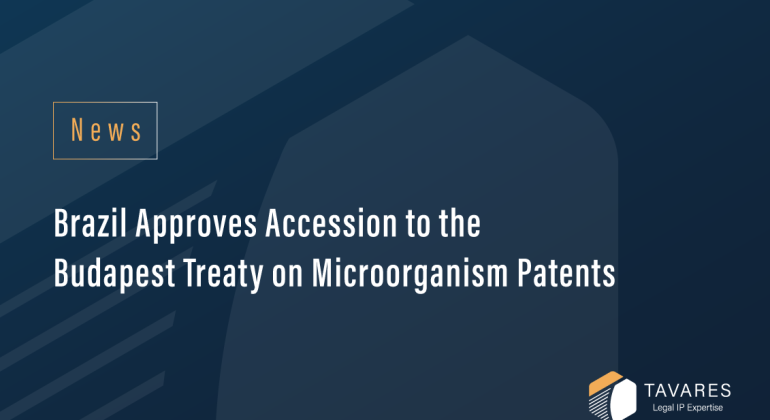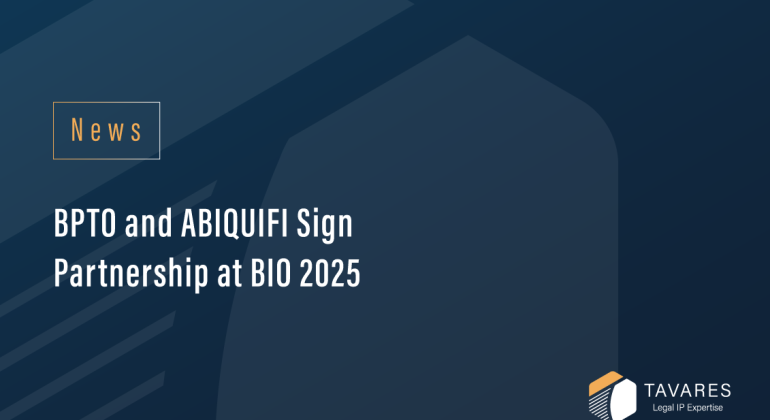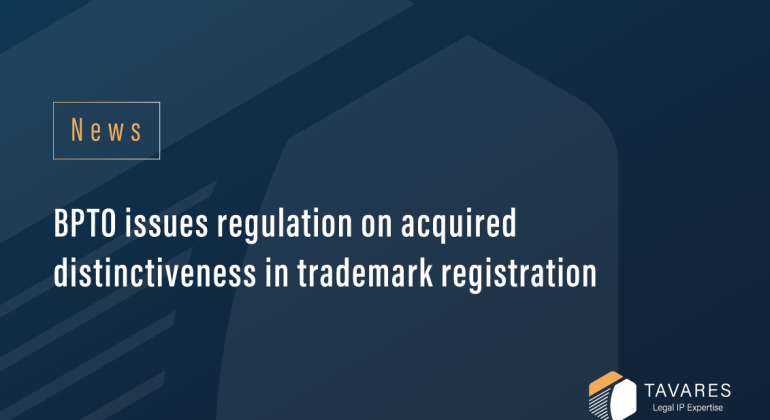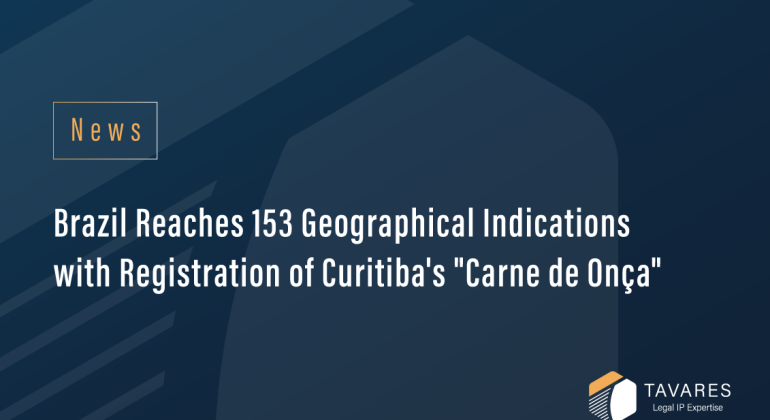Brazilian Committee Approves Bill on Intellectual Property Rights for Sports Movements
The Science, Technology and Innovation Committee of Brazil’s Chamber of Deputies has approved Bill No. 3236/2024, recognizing athletes’ intellectual property rights over original sports movements they develop. Other committees will still review the proposal before moving to the final voting stage.
The bill allows athletes to register and commercially exploit not only their unique movements but also other elements of their brand, such as name, sports nickname, image, and voice, under Brazilian Industrial Property Law.
Under the proposed text, an original sports movement is defined as a sequence of techniques, gestures, or maneuvers that demonstrate innovation and originality, subject to validation by national or international sports organizations. Registration in Brazil would provide international protection in line with treaties and agreements to which the country is a signatory.
The approved version, presented by rapporteur Deputy Julio Cesar Ribeiro (Republicans-DF), excludes provisions related to the use of artificial intelligence (AI) in replicating sports movements. According to the rapporteur, AI regulation should be addressed separately under Bill No. 2338/2023, which is still under discussion in the Chamber of Deputies.
The proposal now moves on to be reviewed by the Committees on Industry, Commerce and Services; Sports; Culture; and Constitution, Justice and Citizenship.

